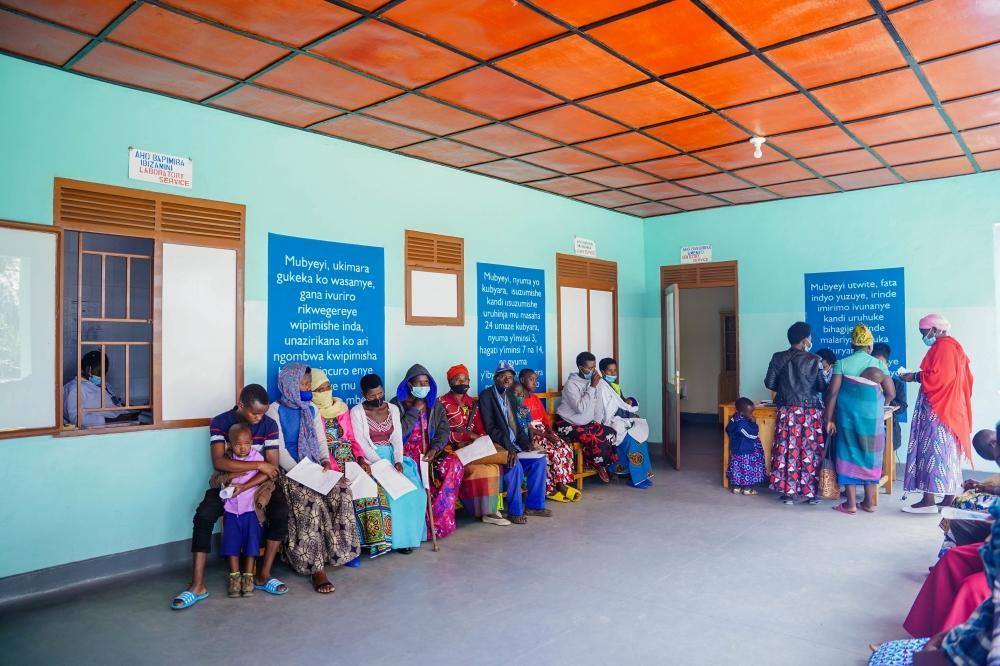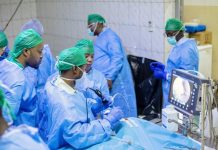Africa-Press – Rwanda. The healthcare system in Rwanda is on the verge of a critical transformation. With the prepayment model which is also known as capitation set to launch in October, patients and health facilities alike stand to gain from a financing approach designed to improve efficiency, accountability, and service delivery.
For years, health centres have operated under a reimbursement model where facilities were paid after services were delivered. While workable, it was riddled with challenges: delayed payments, stockouts of essential medicines, and growing arrears to suppliers like Rwanda Medical Supply.
Patients bore the brunt of this inefficiency, often being asked to purchase medicines privately, despite being insured under Mutuelle de Santé. This eroded trust in the very scheme that was designed to guarantee affordable healthcare.
The new capitation model addresses these shortcomings head-on. By allocating a fixed amount of funds to health facilities in advance, based on population size and historical data, facilities will now have the liquidity to purchase medicines and equipment on time, in bulk, and at better prices.
This shift to quarterly payments promises greater financial stability and planning capacity for health centres, freeing them from the cycle of arrears and uncertainty.
Patients, in turn, will benefit from more reliable access to medicines and preventive care. With funding predictable and secured, health centres will be incentivised to focus not only on treating illness but also on keeping communities healthy—through prevention, early detection, and consistent follow-up.
Just as importantly, the model strengthens oversight. Fixed prepayments reduce opportunities for inflated billing and fraudulent claims, ensuring public funds are used more transparently and effectively. In an era where healthcare costs are rising, such cost controls are essential for sustainability.
Of course, implementation must be carefully monitored. The pilot phase in Eastern Province should be used to refine allocation formulas, strengthen accountability, and ensure facilities are adequately trained in financial management.
If executed well, the prepayment model could prove to be one of the most impactful reforms in Rwanda’s healthcare journey—restoring trust in Mutuelle de Santé, empowering health facilities, and delivering tangible improvements for patients. In short, it is a reform that promises benefits on both sides of the consultation desk.
Source: The New Times
For More News And Analysis About Rwanda Follow Africa-Press






